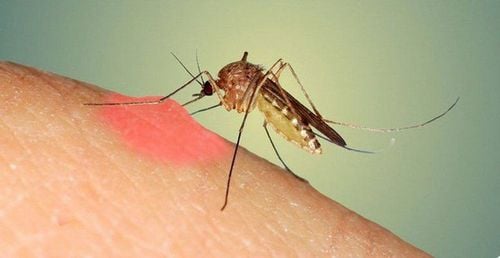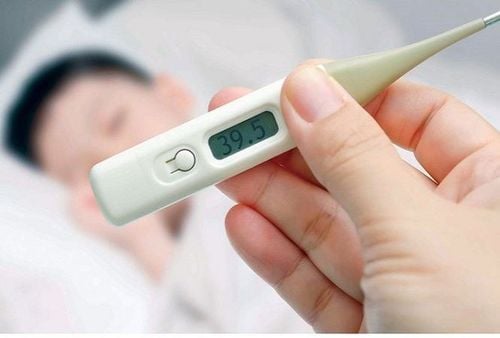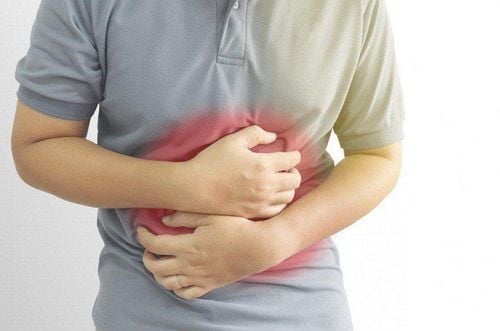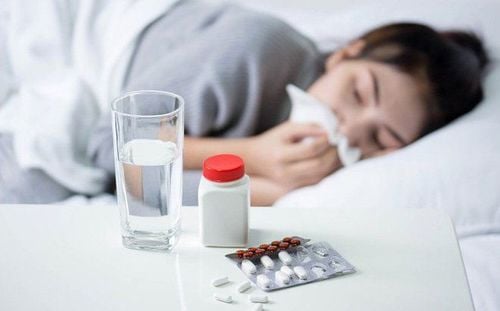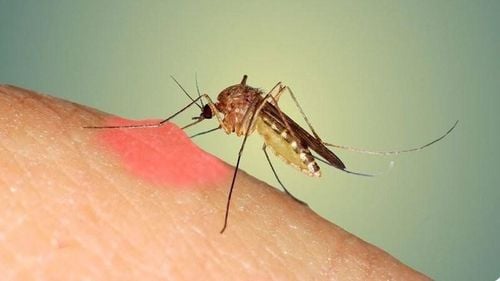This is an automatically translated article.
The article was professionally consulted by Doctor Tran Thi Phuong Thuy - Hepatobiliary specialist, Vinmec Times City International General Hospital.Dengue fever is caused by the Dengue virus. Due to the long incubation period, many people who do not know they have the disease still live and travel normally, unknowingly spreading the dengue virus from one area to another, easily leading to a large-scale outbreak. So how long is the incubation period for dengue fever? Dengue fever is dangerous? What to pay attention to when you have dengue fever?
Dengue fever is divided into 3 stages: incubation period, dengue phase and recovery phase
1. Incubation period
The incubation period of dengue fever is the period when the body produces resistance to fight the virus entering the body. When unable to fight, the disease begins to manifest with symptoms on the body.Dengue incubation period takes about 4-7 days, can last up to 14 days. Therefore, if infected with dengue fever from close relatives, usually when the infected person has recovered or is almost recovered, the infected person will start to have a fever. Many people mistakenly believe that dengue is more contagious in the later stages of the disease, but in fact, the infected person has already been infected with the virus and is in the incubation process, so it has not been detected.
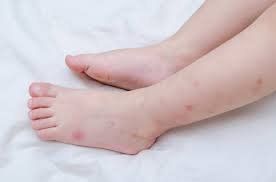
2. Dengue fever phase
After the incubation period, the body will begin to feel fatigue, aches and pains like the symptoms of a cold. The patient begins to have a high fever, the temperature may rise suddenly, fever up to 39-40 degrees Celsius continuously for several days and bleeding under the skin. Accompanied by a feeling of nausea or vomiting, sore throat, pain in the eye sockets, runny nose, diarrhea.... These symptoms are very similar to common colds, many people subjectively think that they just need to drink. Medicine and rest will help to make the condition worse.High fever with prolonged diarrhea can cause dehydration, do not arbitrarily give fluids without the consent of the doctor. If self-treating at home, the patient should only drink plenty of water and take oresol to replenish electrolytes.
However, high fever is not yet the most dangerous stage of dengue fever. The most dangerous stage is when the patient has no fever. At this time, the body is still very weak, the immune system is weakened by a virus attack, the number of white blood cells and platelets in the blood decreases, if not cared for and carefully monitored, it can lead to unpredictable complications. such as: stomach bleeding, brain hemorrhage, effusion causing damage to internal organs, heart failure... As soon as the patient shows signs of nosebleed, bleeding gums, cold body, eyelid edema... need to be taken immediately to the hospital for timely treatment.
3. Recovery phase
Patients need to rest, eat enough nutrients, eat a lot of fruit, drink a lot of water to regain health. Do not be subjective because dengue fever can still be caused by dengue virus including 4 types D1, D2, D3, D4 all capable of causing disease. Each illness is caused by 1 type, so each person can get dengue 4 times in a lifetime.Currently there is no specific medicine to treat dengue fever, keeping the environment clean and living space clean is the best measure to prevent mosquitoes, prevent dengue fever to protect the health of you and your loved ones. .
To protect children from agents that affect their health, you need to monitor and take them to a doctor when they have abnormal symptoms.
Please dial HOTLINE for more information or register for an appointment HERE. Download MyVinmec app to make appointments faster and to manage your bookings easily.





